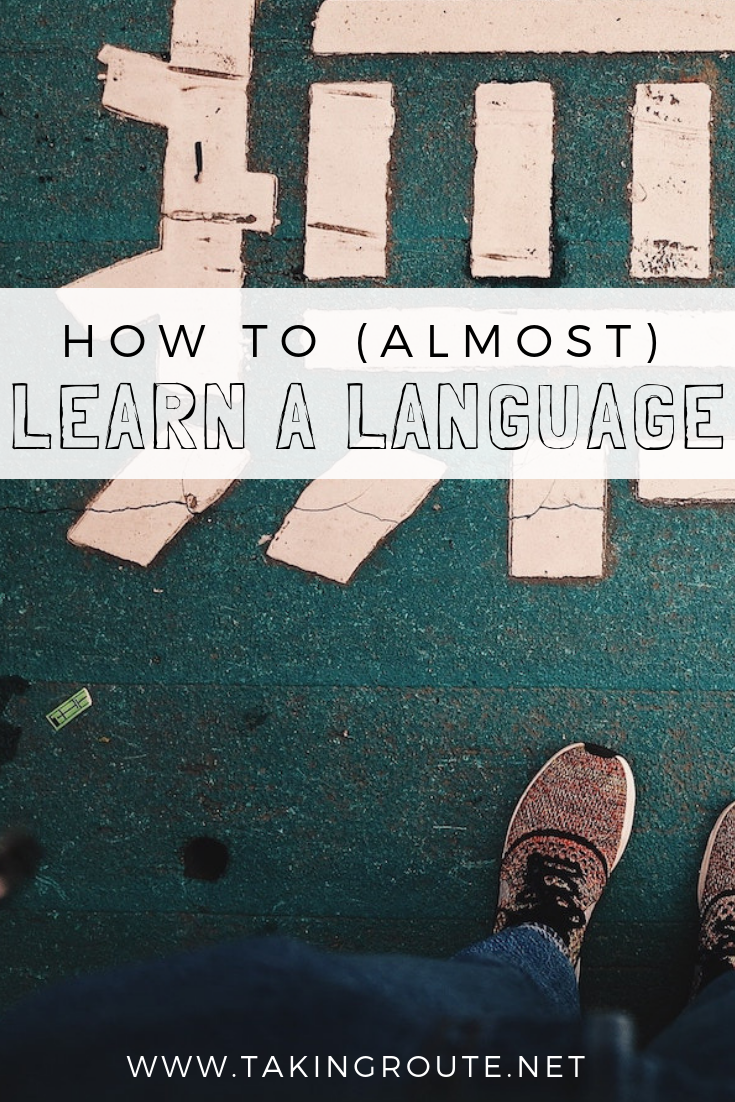How to (Almost) Learn a New Language
Language has always been a struggle for me, but when we first moved to Northern Ethiopia, I was determined to learn the local language. I regretted never getting the hang of the local tongue when I lived in Malawi. I hated being left out of conversation after conversation. Ethiopia was going to be different because I was going to assimilate into the culture and language. I want to share some key steps to (almost) be successful at this.
Step 1: Eagerly Buy All the Necessary Supplies. Flash cards, whiteboard, notebook, and new gel pens (essential).
Step 2: Find a Teacher. This teacher needs to speak enough English to be able to communicate with you, as well as having an understanding of the grammar and phonetics of the local language you are trying to learn. Finding this person proves harder than you can imagine.
Step 3: HIIT (High-Intensity Interval Training). HIIT it hard with lessons and practice on the reg (regular). Require everyone in your home only speak the local language to you (this only lasts a day before the guard and house girl are tired of not understanding you).
Step 4: Make Great Progress. After a few months of HIITing it hard, you are now communicating around the market, as well as speaking with the guard and house worker in the local language. You are encouraged at your progress—except no one seems to understand what you are saying because of your accent and pronunciation.
Step 5: Clarify that You Aren’t Speaking English. You are discouraged that every time you talk in the local tongue with your guard he says, “what do you say?” You say it again and he asks, “is this word English?” In a very aggravated tone, you respond, “NO. NO. NO. I am NOT speaking English. This is YOUR language.”
Step 5: Go to America. Eat your way across the United States and put on some pounds. Practice your English everywhere you go and realize how satisfying it is to have people understand you. Get back to your host country and realize you remember nothing from all of your months of language lessons and practice.
Step 6: Question the Point of Learning the Local Tongue Since People Understand Your English Better. HIIT the lessons hard again and regain your language balance. Realize that people still don’t understand what you are saying to them in their language. Ask for water from a man working in the market.
“Mi.”
He looks at you and asks, “what?”
“Mi,” you repeat.
“What,” he asks again with a confused face.
Revert to English to get your point across.
“Water.”
He nods his head and hands you a water bottle.
Step 7: Lose the Zeal for the Local Language. Start speaking more and more English around town. Realize people understand your English better than your broken version of their local language. Proceed to refine your English communication with locals and restructure your English sentences in a way that makes sense to your guard. Forget learning the local language, just learn to pronounce English words the way the locals pronounce them. Here are some examples to help you on this journey:
“Me (point at yourself), my idea….”
“How is mom?”
“How is you?”
“Where you go?”
“Potatoes I need.”
“You is hunger?”
These are simple phrases you can adapt in your communication with locals.
Step 8: Remove all Unnecessary English Words. This is so locals don’t get bogged down in what isn’t important. Here are some examples for your reference.
When you go to the little shop around the corner to buy airtime, instead of saying:
“Hi. How are you? I would like to buy a mobile card for my phone, please.”
Say this:
“Mobile card,” (and make a phone with your hand and put it to your ear).
Step 9: Feel Guilty. Every time you see the flash cards, notebook, and new pens, a wave of guilt washes over you that you are still speaking English.
Step 10: Freedom from Guilt. Throw those flashcards and notebook away. In fact, have a burning ceremony and no longer feel guilty about how you almost succeeded (in other words, failed).
Step 11: Realize You Can No Longer Speak English. Go to America and speak broken English, with omitted words and restructured sentences.
Attempt learning a new language after thirty years of age at your own risk. You will get discouraged and your brain will physically hurt when you try to attempt new sounds and vocabulary (this is scientific as well as experiential).
Did I miss a step? Surely, I didn't but please tell me if I did!


